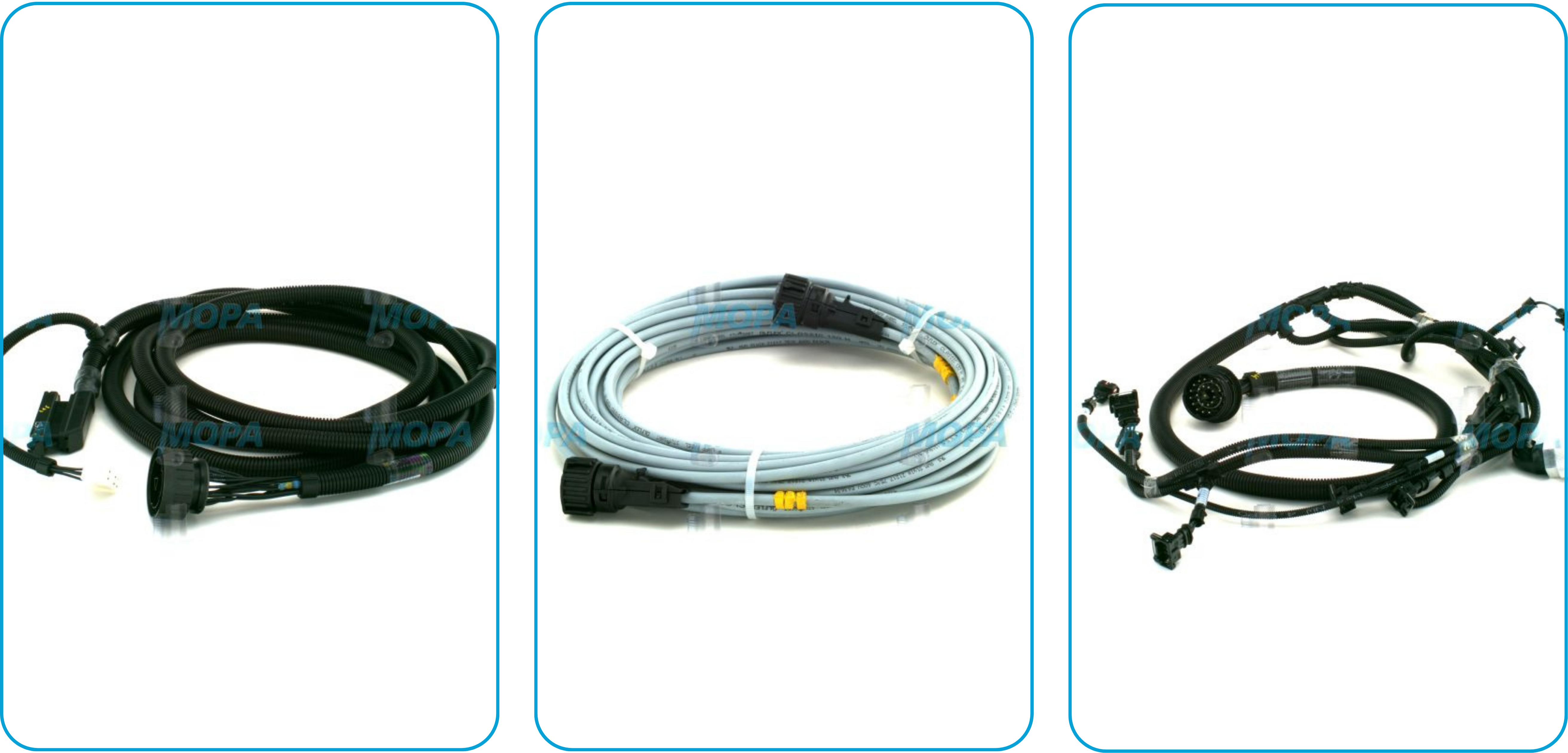Marine cable – reliable wiring for harsh environments
A marine cable is a specially designed electrical or control cable used in ships, offshore units and marine engines. Built for durability, corrosion resistance and operational safety, high-quality marine cables ensure stable connections under vibration, heat and moisture. Whether for propulsion, control or auxiliary systems – every marine cable plays a vital role in system reliability and compliance with maritime standards.
Function and benefits
Marine cables transmit power, signals or control impulses between onboard systems. They are used in generators, switchboards, sensors and navigation equipment. Properly configured engine cables and motor cables offer:
- Secure transmission under mechanical and thermal stress
- Resistance to saltwater, oil, vibration and fire
- Long service life in demanding operating conditions
In propulsion systems, mechanical cables also support throttle control, gear shifting or hydraulic actuation – making cable quality essential for performance and safety.
Types and applications
Marine cables come in various types: power cables, signal cables, hybrid cables and coaxial or fiber-optic variants. Engine cables and motor cables are typically shielded against electromagnetic interference and constructed with reinforced insulation. Mechanical control cables use steel cores or multi-layered casings for flexible yet robust operation.
Common applications include generator-to-panel connections, sensor wiring, electric starter circuits and control interfaces. All cable parts must be flame-retardant, halogen-free (in many cases), and compliant with marine classification standards like DNV, ABS or Lloyd’s Register.
Construction and standards
A marine cable typically includes tinned copper conductors, moisture-blocking insulation, UV-resistant jackets and shielding where required. Cable parts such as terminals, connectors or cable glands must be precisely matched to ensure secure and vibration-proof installation.
We offer a wide range of marine cables and cable accessories suitable for MTU, MAN, Deutz, Volvo Penta and MWM systems – available from stock and selected for industrial and marine-grade performance.

FAQ
What makes a cable suitable for marine use?
Marine cables are designed to resist salt, oil, vibration and high humidity. They use corrosion-resistant materials and reinforced insulation, making them safe and durable in shipboard and offshore environments.
Can engine cables be used in marine systems?
Yes – as long as they meet marine standards. Engine cables in marine environments must be shielded, sealed and rated for temperature, fire resistance and chemical exposure to ensure compliance and performance.
What are mechanical cables used for?
Mechanical cables are used to transmit force or motion in control systems, often in throttle control, gear shifting, braking, or valve operation. In marine and industrial applications, they provide a flexible and reliable way to operate mechanical components remotely, even under harsh conditions with vibration, moisture or limited accessibility.
